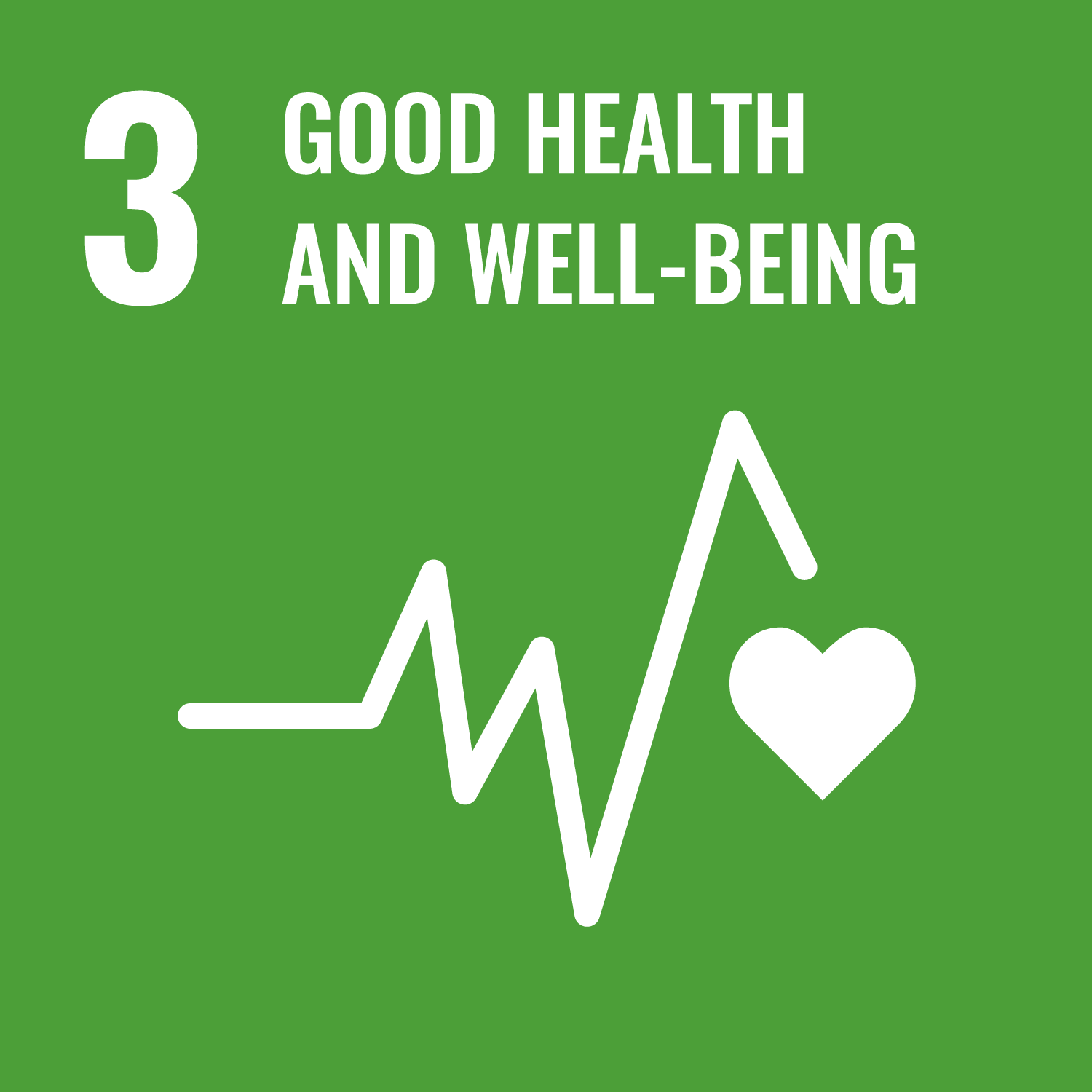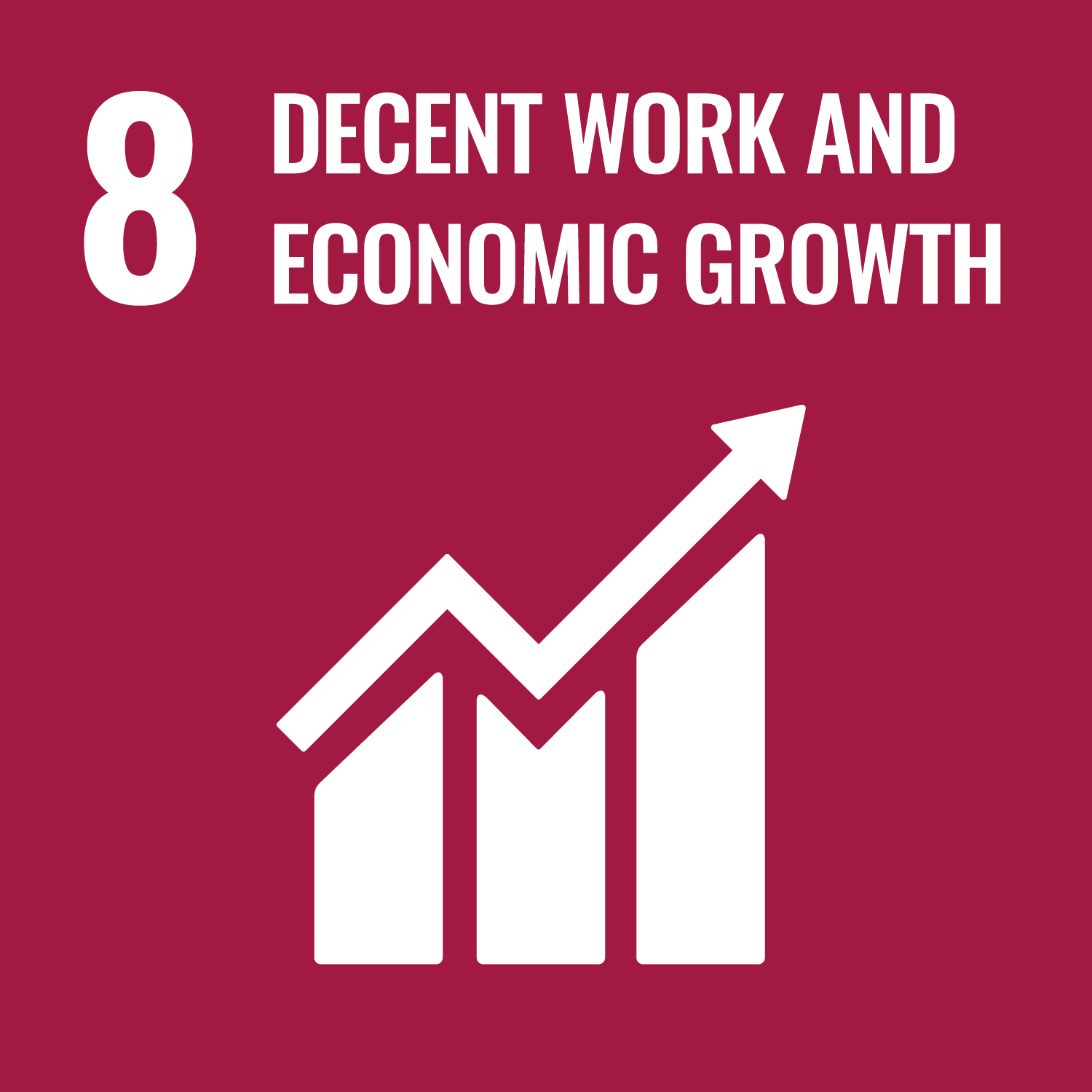This 248-page research report presents the findings of an extensive five-country study into the lives and experiences of Lesbian, Bi and Trans people in Sri Lanka, Philippines, Pakistan, Malaysia and Japan. The report presents an overview of the findings followed by an in-depth cross-country analysis of experiences of violence, followed by individual country chapters with greater details for each of the five countries.
Research took place between November 2010-March 2012 and was led by women’s human rights groups, sexuality rights groups, and gender rights groups in the five countries. Each country team conducted its own research and data analysis and authored their respective country chapter. The aim of this report was to uncover and shed light on the underreported violence experienced by LBT people in Asia.
Four reasons for underreporting of violence were uncovered: anti-discrimination laws, where they exist, do not extend to LBT people; in cases where the law may be applicable to LBT people, victim/survivors fear reporting because of institutional homo/bi/transphobia; social stigma associated with sexual and gender diversity means LBT people are often left out of broader rights movements; and the ‘relentless pressure of compulsory heterosexuality’ and general GBV/discrimination creates a cycle of self-blame.
The cross-country analysis therefore focuses on cross-cutting legal and social issues and structures that prevent reporting and perpetuate discrimination. The research covers a range of topics including suicide, rates of sexual and physical violence against the LBT community, workplace discrimination, and the correlation between visible sexual and/or gender diversity and rates of violence.
The cross-country analysis section concludes with an overview of findings around closeting of violence, lack of accountability for perpetrators, lack of access to redress for victim/survivors, and the great cost of violence for LBT survivors. Recommendations follow.
Individual country chapters, available for individual download as well, follow. Country chapters cover the specific experiences of LBT people in each context, covering relevant topics such as family, women’s rights, LGBT rights, violence by state and non-state actors, workplace discrimination, and the legal environment. Research in each of these countries was carried out and analysed by local LGBTIQ+ organisations; researchers note that some participants were very wary of participating out of fear of retribution or increased risk of violence from community.
Overall, this report presents a stark but much-needed stock-take on the experiences of LBT people across Asia.








